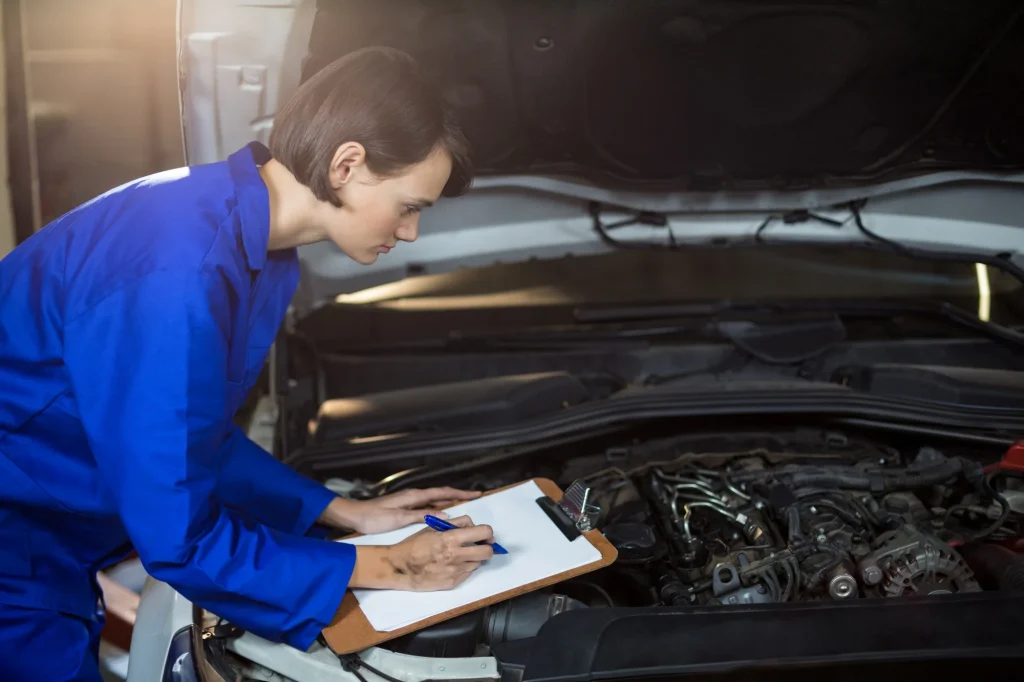Car accidents are often associated with driver error, distracted driving, or reckless behavior, but not all crashes stem from human mistakes. In some cases, mechanical defects are the root cause of serious collisions. For drivers in Savannah, understanding the basics of mechanical defect claims is essential to protecting your rights if a vehicle malfunction leads to an accident. Whether it involves faulty brakes, steering issues, or transmission failures, securing the right legal guidance is critical. In particular, an attorney for brakeshift interlock failure claims can be a valuable resource when defects involving complex systems are at play.
What Are Mechanical Defect Claims?
Mechanical defect claims arise when a car accident is linked to a flaw in the design, manufacture, or maintenance of a vehicle or its parts. These claims fall under the umbrella of product liability law, which holds manufacturers and other responsible parties accountable for selling defective products.
Not all vehicle problems qualify as defects. For a successful claim, it must be shown that the defect existed when the vehicle left the manufacturer or was caused by improper repair or maintenance by a service provider. This distinction is crucial for drivers seeking compensation.
Dive into fresh perspectives—explore this related post that expands your view.
Common Mechanical Defects That Lead to Accidents
Mechanical failures can occur in different ways, but some defects are particularly common in accident claims:
- Brake system failures – Malfunctioning brakes can drastically reduce stopping power, making collisions nearly unavoidable.
- Tire blowouts – Defective tires can shred suddenly, causing drivers to lose control.
- Steering defects – Problems with steering mechanisms may make it impossible to maneuver safely.
- Transmission issues – A faulty transmission can cause unexpected gear shifts or loss of acceleration.
- Electrical malfunctions – Defects in wiring or electronic systems can trigger fires or sudden power loss.
Each of these defects not only poses safety hazards but also raises questions about accountability and liability.
Who Can Be Held Liable?
Mechanical defect claims often involve multiple parties, depending on the nature of the failure:
- Vehicle manufacturers – If the defect resulted from a design or assembly flaw, the automaker can be held responsible.
- Parts manufacturers – Defective brakes, tires, or other components may trace back to suppliers.
- Dealerships – A dealership that sold a car with a known defect could face liability.
- Repair shops – Faulty repairs or overlooked maintenance issues can make a shop liable for resulting accidents.
Because responsibility may be spread across different entities, mechanical defect cases often require detailed investigation and expert testimony.
The Role of Evidence in These Cases
Strong evidence is the cornerstone of any mechanical defect claim. Accident reports, photographs, vehicle inspections, and expert mechanical evaluations all play a role in proving that a defect—not driver error—caused the crash.
In many cases, vehicles must be preserved after an accident so that forensic experts can examine the defective component. This step is critical, as tampering or disposal of the vehicle may weaken a potential case.
How Claims Differ from Standard Accident Cases
Unlike typical car accident claims, where negligence is tied to a driver’s actions, mechanical defect cases rely on product liability principles. Plaintiffs don’t always need to prove negligence; they may only need to show that the vehicle or part was unreasonably dangerous and caused injury.
This difference can make mechanical defect claims more complex, as they often require litigation against large corporations with substantial legal resources.
Why Legal Guidance Matters
For Savannah drivers, navigating mechanical defect claims without experienced legal support can be overwhelming. These cases require in-depth technical knowledge, expert witnesses, and a clear understanding of liability law. A skilled attorney can investigate the defect, identify the liable parties, and build a strong case for compensation.
Compensation in these claims may cover medical bills, lost wages, pain and suffering, and property damage. For families dealing with catastrophic injuries or wrongful death caused by vehicle malfunctions, these claims can also provide a measure of justice and accountability.
Final Thoughts
Mechanical defects can turn everyday drives into life-altering tragedies. For Savannah drivers, knowing how these claims work is vital to protecting legal rights after an accident caused by a malfunction. Identifying responsible parties, preserving evidence, and seeking skilled legal representation are all critical steps. With proper guidance, victims can pursue the compensation they deserve and hold negligent manufacturers or service providers accountable.
Step into the next level of learning and inspiration when you explore more on 2A Magazine.







